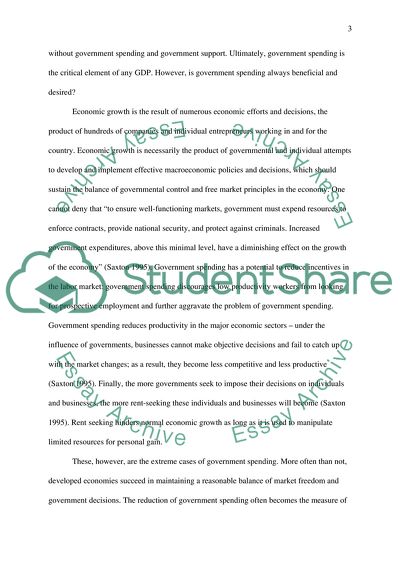Cite this document
(UK Government Cuts Spending: Theories and Effects Case Study, n.d.)
UK Government Cuts Spending: Theories and Effects Case Study. Retrieved from https://studentshare.org/macro-microeconomics/1741254-why-has-the-uk-government-thought-it-necessary-to-cut-public-spending-and-what-effects-will-this-have
UK Government Cuts Spending: Theories and Effects Case Study. Retrieved from https://studentshare.org/macro-microeconomics/1741254-why-has-the-uk-government-thought-it-necessary-to-cut-public-spending-and-what-effects-will-this-have
(UK Government Cuts Spending: Theories and Effects Case Study)
UK Government Cuts Spending: Theories and Effects Case Study. https://studentshare.org/macro-microeconomics/1741254-why-has-the-uk-government-thought-it-necessary-to-cut-public-spending-and-what-effects-will-this-have.
UK Government Cuts Spending: Theories and Effects Case Study. https://studentshare.org/macro-microeconomics/1741254-why-has-the-uk-government-thought-it-necessary-to-cut-public-spending-and-what-effects-will-this-have.
“UK Government Cuts Spending: Theories and Effects Case Study”. https://studentshare.org/macro-microeconomics/1741254-why-has-the-uk-government-thought-it-necessary-to-cut-public-spending-and-what-effects-will-this-have.


